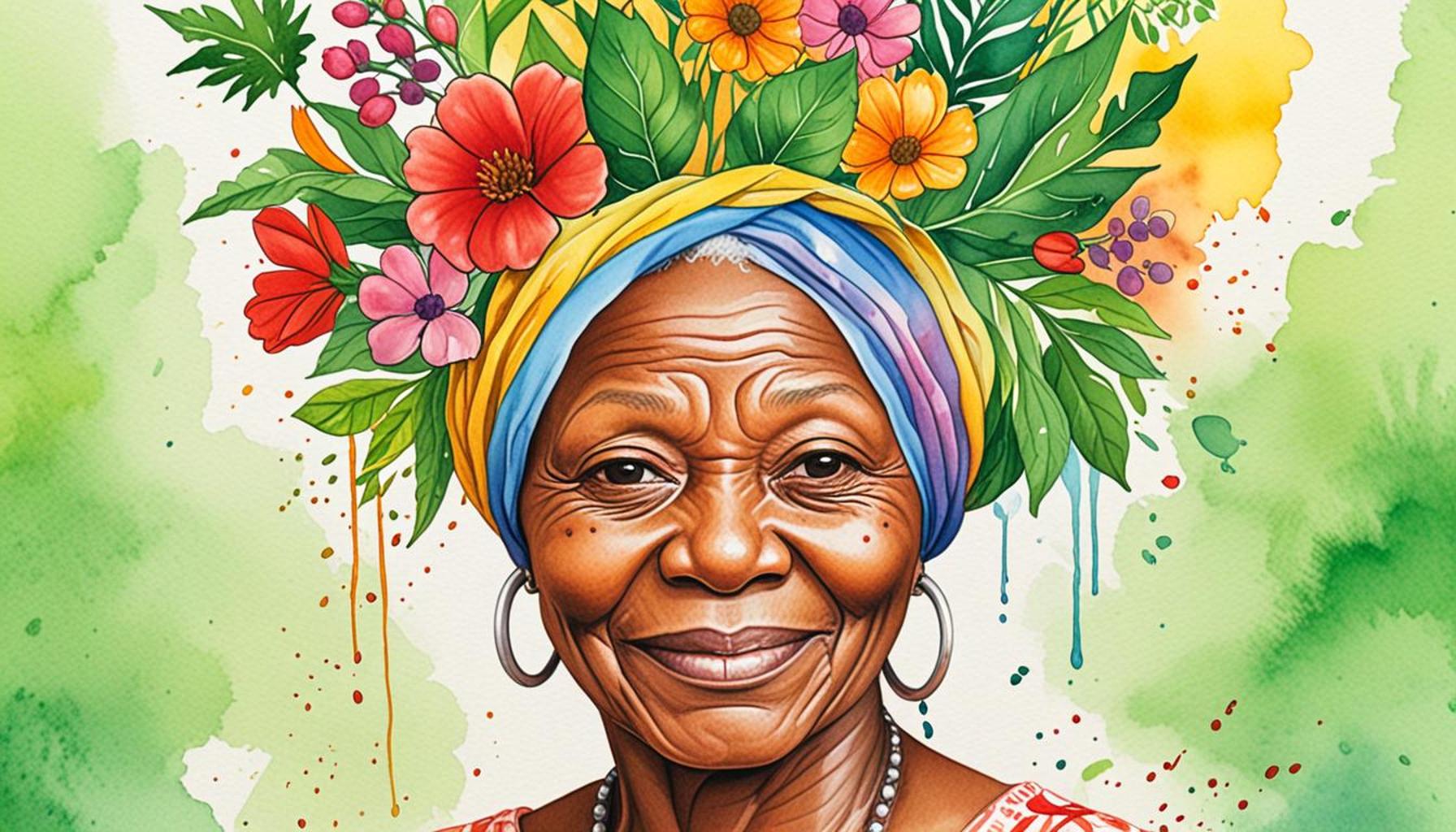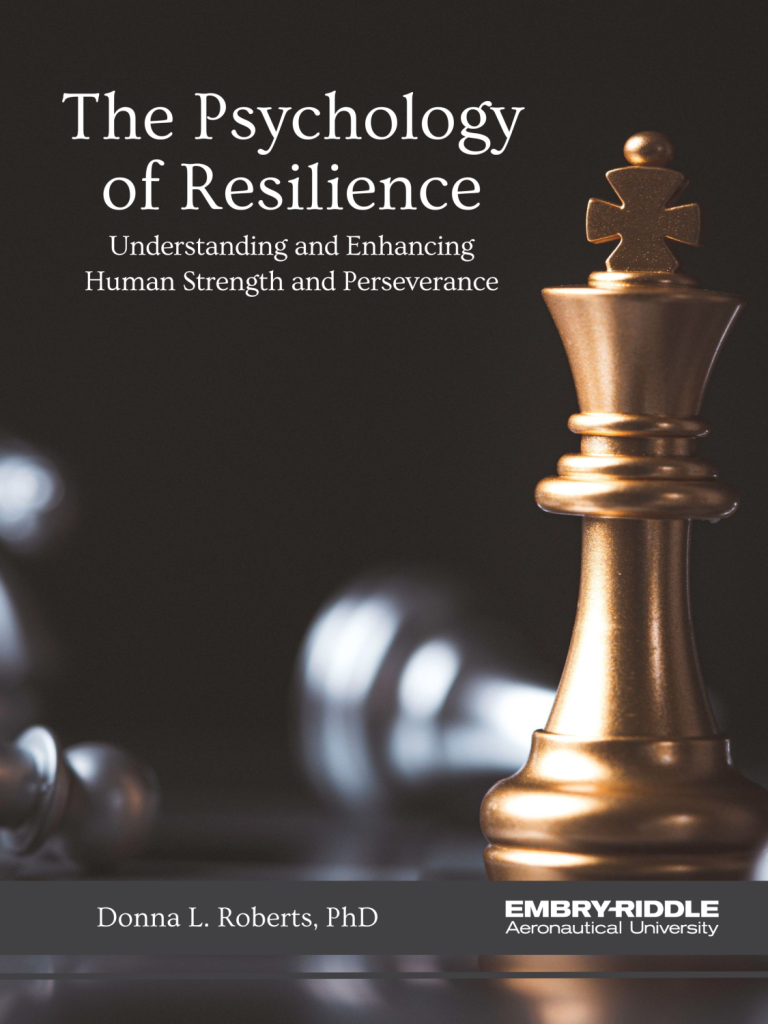Developing Resilience in the Elderly: Growth Mindset Strategies to Face Change and Adversity in Nigeria

Understanding Resilience for the Elderly in Nigeria
In Nigeria, the elderly population has been confronted with a multitude of challenges that can significantly impact their quality of life. These challenges are not merely personal but are deeply intertwined with societal changes. For example, many elders grapple with health challenges and chronic illnesses, such as hypertension and diabetes, which are increasingly prevalent. The limited access to healthcare facilities, especially in rural areas, exacerbates these issues, leaving many dependent on inadequate resources.
Moreover, the loss of loved ones and social isolation can take a heavy toll on mental health. In a traditional society where family ties are paramount, the passing of a spouse or a close family member can leave elderly individuals vulnerable and alone. This social isolation can lead to feelings of abandonment and depression, particularly in a country where cultural expectations often place the onus on older generations to care for younger family members.
Economic hardships further complicate the situation. The shifting dynamics of families—where younger relatives migrate to urban centers in search of opportunities—can leave the elderly feeling abandoned. Economic instability, influenced by factors such as inflation and unemployment, often means that resources are limited, making it difficult for seniors to maintain a comfortable lifestyle. Many older adults in Nigeria find themselves struggling to meet basic needs, with pensions or retirement savings proving inadequate.
Under such circumstances, the concept of a growth mindset becomes a beacon of hope. It empowers seniors to look at their challenges not as fixed obstacles but as dynamic aspects of life that can be navigated with creativity and resilience. For instance, participating in community activities or learning new skills—like digital literacy—can bolster their sense of purpose and connection. This fosters continuous learning and personal development, allowing them to adapt to changing environments and technologies.
The positive effects of a growth mindset extend to enhanced coping strategies as well. Studies suggest that individuals who cultivate resilience through this mindset exhibit better emotional health, experiencing lower levels of anxiety and stress. By actively engaging in their communities and seeking social support, seniors can counteract feelings of loneliness and despair.

Moreover, resilience can lead to not just improved mental health but also a marked influence on longevity. Studies indicate that individuals with a resilient mindset tend to live longer and experience a better overall quality of life. For elderly Nigerians, embracing a growth mindset means facing life’s adversities with renewed energy and motivation, thereby transforming their later years into a time of growth and fulfillment.
This article delves into practical strategies for fostering a growth mindset among the elderly. From establishing support groups to engaging in lifelong learning initiatives, there are numerous ways to empower older adults to face life’s uncertainties with confidence. Through mental adaptability, these individuals can redefine what it means to age gracefully while navigating life’s complexities.
CHECK OUT: Click here to explore more
Building a Foundation for a Growth Mindset
To effectively develop resilience in the elderly, a focus on nurturing a growth mindset is essential. This mindset is predicated on the belief that abilities and intelligence can be developed through dedication and hard work. For older Nigerians, this perspective can serve as a transformative approach to facing various life adversities.
Engaging the elderly in programs that specifically aim to foster this growth mindset can lead to significant improvements not only in their mental resilience but also in their overall quality of life. Below are several practical strategies that can be employed to cultivate a resilient mindset among the elderly:
- Community Engagement: Encouraging the elderly to participate in local groups or activities can help counteract feelings of isolation. Being part of a community offers emotional support and a sense of belonging, vital components in resilience development.
- Lifelong Learning Opportunities: Providing access to adult education programs where seniors can learn new skills, such as technology or arts, fosters personal growth. The advent of online platforms is an opportunity especially relevant in urban centers.
- Physical Activity Programs: Implementing regular exercise routines not only enhances physical health but also boosts mental well-being. Group classes such as dance or yoga tailored for seniors can be particularly engaging.
- Mindfulness and Stress-Reduction Practices: Workshops focused on mindfulness practices, such as meditation or deep-breathing exercises, can empower the elderly to manage stress effectively, thus enhancing their emotional resilience.
In Nigeria, traditional values often highlight respect for elders, viewing them as reservoirs of wisdom. Harnessing this respect can be advantageous; community leaders and family members can act as catalysts by encouraging proactive behaviors within older adults. For instance, creating intergenerational programs where young people share knowledge of modern technologies can bridge the gap, helping seniors feel more included and capable in today’s fast-paced world.
Moreover, peer support networks can be invaluable. Older adults may feel more comfortable sharing their challenges with peers who understand their experiences. Regular meetings, perhaps in community centers, where elders can discuss their struggles and triumphs foster an environment of empathy and collective growth.
These strategies not only provide direct benefits in coping with change and adversity but also create a ripple effect, instilling a cultural shift where resilience becomes an inherent trait within the elderly community. As these initiatives gain momentum, the notion of aging can reframe from one of decline to one of opportunity, encouraging seniors to adapt and thrive.
As these practical methods illustrate, instilling a growth mindset among elderly Nigerians is not just beneficial but necessary. By emphasizing the capabilities to learn, adjust, and grow, society can catalyze a profound change, ensuring that resilience becomes a defining feature of aging in Nigeria.
| Category | Advantages |
|---|---|
| Cognitive Flexibility | Enhances problem-solving skills and allows elderly individuals to adapt more readily to new circumstances, fostering a proactive approach to challenges. |
| Social Support Networks | Encourages collaboration and sharing of experiences, which ultimately helps in reducing feelings of isolation and promotes emotional well-being. |
The theme of “Developing Resilience in the Elderly: Growth Mindset Strategies to Face Change and Adversity in Nigeria” is gaining momentum as the importance of mental well-being among the elderly comes under scrutiny. In Nigeria, where transitions in social and economic structures can be overwhelming, utilizing growth mindset strategies empowers seniors to embrace challenges rather than fear them. Cognitive flexibility, highlighted in the table, is crucial as it enhances problem-solving skills, enabling elderly individuals to adapt more readily to new circumstances. By viewing obstacles as opportunities for growth, seniors are encouraged to explore creative solutions and maintain a positive outlook on their changing environments. Furthermore, fostering strong social support networks is essential in this pursuit. Sharing experiences can significantly contribute to a sense of community among the elderly, thereby reducing feelings of isolation. When seniors are encouraged to collaborate and seek advice from others, it not only boosts their morale but also cultivates an atmosphere of shared wisdom and resilience. Implementing these strategies can lead to improved emotional well-being and a more fulfilling life, making it crucial for caregivers, communities, and policymakers to prioritize resilience-building initiatives.
ADDITIONAL INSIGHTS: Expand your understanding here
Fostering Adaptability Through Technology and Innovation
In today’s fast-evolving world, harnessing technology can be a powerful strategy for developing resilience among the elderly. The digital age has opened myriad possibilities, enabling older Nigerians to remain connected and engaged despite the challenges they may face. By integrating technology-focused programs into resilience-building initiatives, we can further promote a growth mindset among seniors.
One effective approach is the establishment of technology training sessions to familiarize elderly individuals with smartphones, social media platforms, and online communication tools, fostering independence and reducing feelings of isolation. By engaging older adults in virtual interactions with family and friends, they can cultivate relationships, share experiences, and seek support. This digital engagement can result in a significant uplift in their emotional health, encouraging seniors to see themselves as active participants in a rapidly changing society.
Furthermore, incorporating telemedicine services can help alleviate some of the barriers elderly individuals face with accessing healthcare. Telemedicine not only provides immediate medical support but also instills a sense of control over one’s health and wellness. Elderly Nigerians can familiarize themselves with online health services, doing away with logistical hurdles such as transportation and long waiting hours at hospitals. With these services, seniors can develop a proactive approach towards managing their health, showcasing adaptability in overcoming age-related challenges.
Encouraging Creative Expression
Another aspect of developing resilience in the elderly is promoting creative expression. Creative arts—such as painting, writing, or music—can serve as therapeutic outlets for expressing emotions and processing experiences. Various local arts initiatives can be employed to inspire seniors to explore their creativity, allowing them to channel their feelings about change and adversity into productive endeavors.
Community workshops focusing on art or creative writing not only provide the elderly with an opportunity to engage but also facilitate intergenerational bonding. For instance, younger individuals can assist in these workshops, imparting knowledge and skills, while gaining valuable insights from the lived experiences of the older generation. This collaborative environment fosters resilience by promoting understanding, empathy, and solidarity within the community.
Setting Personal Goals and Celebrating Achievements
Setting realistic and achievable personal goals is essential in fostering a growth mindset. Encouraging older adults to pursue personal interests, whether it’s gardening, crafting, or volunteering, can instill a sense of purpose and motivation. Programs that help seniors articulate their goals and develop action plans to achieve them can significantly boost their self-esteem and resilience.
Celebrating small achievements is equally vital. Recognizing accomplishments—no matter how minor—acts as a powerful motivator and reinforces the idea that progress is possible at any age. Local communities can organize award ceremonies or appreciation days that specifically honor the contributions of elderly individuals, celebrating their resilience and growth. This practice not only provides recognition but also inspires others within the community to adopt similar positive attitudes.
By implementing these strategies, we can create a robust framework that nurtures resilience among the elderly in Nigeria. Emphasizing technology, creative expression, and personal development, we prepare our senior population to face the changing dynamics of their lives with confidence and an unwavering growth mindset. The positive ripple effects of these initiatives underscore the belief that with the right support, the elderly can transform adversity into growth opportunities.
RECOMMENDED: Check out this similar article
Conclusion: Embracing Change with Resilience
In conclusion, developing resilience in the elderly in Nigeria through a growth mindset is not only vital but achievable through targeted strategies that promote adaptability, creativity, and self-empowerment. By leveraging technology, seniors can break the barriers of isolation and engage in meaningful interactions, while also gaining access to essential healthcare through telemedicine. This technological adaptation fosters a sense of control and active participation in their lives, allowing them to navigate hardships with newfound strength.
Furthermore, encouraging creative expression serves as a therapeutic outlet for older adults, facilitating emotional healing and bonding with younger generations. By fostering intergenerational workshops, communities can cultivate empathy, understanding, and shared wisdom, enriching the fabric of society. Moreover, setting personal goals and celebrating even the smallest achievements creates an empowering environment where seniors feel valued and motivated to pursue their passions.
As we take these measures, we must remember that resilience is not merely about enduring change, but thriving in the face of adversity. By prioritizing programs that support the elderly in their journey, we can cultivate a society that values aging as an opportunity for continued growth and contribution. Ultimately, as we invest in the resilience of our seniors, we not only uplift them, but also strengthen our communities and foster a culture of compassion. The older populace in Nigeria can indeed turn challenges into stepping stones for empowerment, proving that resilience is a lifelong journey of transformative growth.


